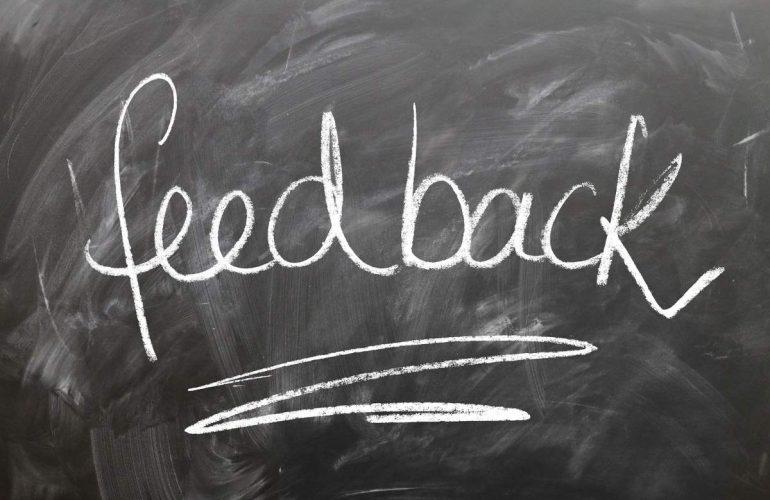Ministry of Happiness – 9 ways to measure Happiness!
Is it possible for a “Ministry of Happiness” to exist?
Some measure how good a year was by how much has happened in their private life or career. Others measure their achievements: what they bought, where they traveled, or what they’ve accomplished.
But there’s another way to measure if you think from this perspective:
How happy have you been this year?
Give it a try, even if it is new for you.
For me, it was also strange, but some time ago, I heard about a fascinating perspective and said I should research it more. Do you know there’s a country where there’s a Ministry of Happiness?
Bhutan – a country between China and India, with a population of 750 000 about the size of Luxembourg has implemented a method of measuring the well-being of its people.
In the 1970s, the king of that country declared, “Gross National Happiness (GNH) is more important than Gross National Product (GDP).”
Since 1972, Bhutan has rejected GDP as a barometer of population well-being. Instead, it followed the holistic principles of Gross National Happiness (GNH) as a measure of prosperity.
The government, through its Ministry of Happiness, measures:
- Psychological well-being (life satisfaction, positive and negative emotions, spirituality);
- Health (mental health, disability, healthy days, self-reported health status);
- Use of time (work, sleep);
- Education (literacy, schooling, knowledge, value);
- Cultural resilience and diversity (speaking the native language, cultural participation, artistic skills);
- Good governance (gov’s performance, fundamental rights, services, political participation);
- Community vitality (donations, family, safety, community relationships);
- Ecological diversity and resilience (ecological issues, responsibility towards environment, wildlife damage, urbanization issues);
- Standard of living (assets, housing, household income).
Every five years, representatives of the Centre for Bhutan Studies and GNH Research traverse the South Asian country with questionnaires to survey 8,000 randomly selected households. There are about 250 questions, and it takes around 3 hours to answer the survey. The positive thing is that participants are financially compensated for this effort with a day’s wage.
What’s also interesting is that the current Prime Minister, Mr. Lotay Tshering, describes what the GNP means. “When we say Gross National Happiness, it’s not the celebratory ‘Ha ha – Ho ho ho’ happiness we seek. It just means contentment, control of your mind, and control of the desires in your life. Don’t envy others, be happy with what you have, be compassionate, and be in a society where you can be more than happy to share.”
I also ask similar questions in my coaching sessions to highlight the facts. Here are some simple examples, and you can also take a few minutes to think about whether or not you are happy.
- How much do you enjoy life?
- How would you rate the quality of your life?
- How free do you feel to express your ideas and opinions?
- Do you consider your relationships, physical health, the environment’s vitality, or your comfortaböe living standards?
- How do you know and what should happen for you to be happy?
- What are you doing, and what did you do the day before to be happier?
- What actions do you take to deal with sadness or anger?
In a world focused more and more on money, the people of Buthan, and the Ministry of Happiness say that money isn’t everything. Even the Dalai Lama said that
“happiness is the purpose of life”
and that “the very motion of our life is towards happiness.”
If you want to learn more, I’ll tell you that emotional intelligence and understanding emotions are part of the NLP Practitioner course held in English in Munich / München. There, the concept of belief change is explained and rehearsed for one whole weekend, with numerous practical examples, to help you understand when you can use it most efficiently.
Additionally, if you’re interested in how the mind works, NLP neuro-linguistic programming, Coaching or communication, drop me a line, and I’ll tell you more. And, if you want to do a private coaching session in nature, feel free to read about my other project where you become one with the mountains, here!
Did this article provide a solution or a new perspective? Please consider making a donation! Your support ensures that you will find valuable content whenever you return.
Thank you for your generosity!




